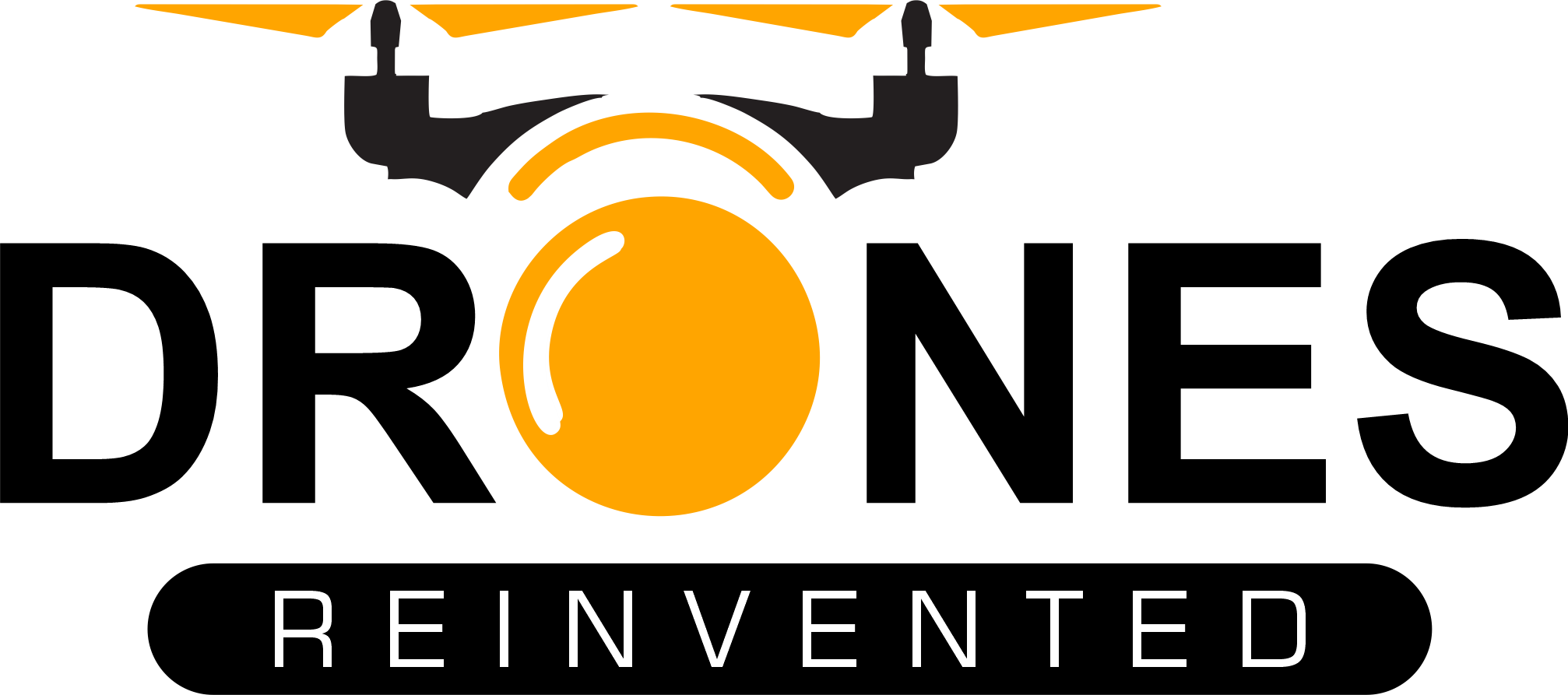Public Domain image CCO
Bipartisan Lawmakers Push for Tougher Tariffs on Chinese Drones Over Security Concerns
by DRONELIFE Features Editor Jim Magill
The latest move in the ongoing battle between parts of the U.S. government and drone manufacturers based in China involves an effort to make those products prohibitively expensive for American consumers.
On Tuesday, March 19 a bipartisan group of U.S. lawmakers sent a letter to three executive branch agencies, calling for the Biden administration to substantially increase tariffs and take other steps to dramatically reduce the importation of Chinese-made drones.
Citing the alleged threats to national security posed by drone makers such as Shenzhen DJI Sciences and Technologies Ltd. and Autel Robotics, Wisconsin Republican Mike Gallagher — chairman of the House Select Committee on the Strategic Competition Between the United States and the Chinese Communist Party — and Ranking Member Raja Krishnamoorthi, Democrat of Illinois, wrote to Commerce Secretary Gina Raimondo, Homeland Security Secretary Alejandro Mayorkas, and U.S. Trade Representative Katherine Tai.
Gallagher is also a cosponsor of the Counter CCP Drones Act, a proposal that would prevent any Chinese-manufactured drones from accessing Federal Communications Commission networks, effectively grounding them. Thirteen other members of Congress signed the letter.
The Congress members’ letter demands that the Biden administration take action “to stop the mass proliferation of a technology in the U.S. market that poses a clear national and economic security threat.” In addition to calling for increasing tariffs on drone imports, the group of lawmakers called for stronger enforcement against Chinese drone manufacturers using third countries to evade tariffs, and placing restrictions on U.S. federal funds being used to purchase Chinese drones.
Companies such as DJI and Autel Robotics “receive immense subsidies from the Chinese government, enabling Chinese drone makers to overtake 77 percent of the U.S. hobby drone market and over 90 percent of the U.S. commercial drone market.”
This market dominance has left the U.S. vulnerable to national security risks, the legislators warned. “Security flaws, deliberate or not, risk putting U.S. persons’ data in the hands of the [People’s Republic of China’s] military and intelligence services,” the letter warns. The prolific use of Chinese-manufactured UAVs by U.S. law enforcement departments, government agencies and utility companies “creates risks that these platforms could be used to map and transmit sensitive U.S. infrastructure.”
The lawmakers cited recent research that found that DJI drones can transmit their GPS location, as well as the coordinates of their operators. “The People’s Liberation Army is a likely end-user of this data, given that the PRC’s cyberwarfare doctrine advocates conducting cyberattacks against an adversary’s critical infrastructure,” the letter states.
In addition, the members of Congress claimed that there is increasing evidence that Chinese drone manufacturers are selling dual-use UAVs to Russia in support of Russia’s invasion of Ukraine. “Since March of 2022, Customs data shows that the PRC has sent over $32 million worth of drones to Russia, including some that were designated in customs as ‘for use in the special military operation.’”
Current tariff levels deemed insufficient
The lawmakers say the current 25% additional tariff imposed under Section 301 of the Trade Act of 1974 “has proven insufficient to combat the surge in imports” of Chinese-made UAVs. Section 301 grants the Office of the U.S. Trade Representative the authority to investigate and take action to enforce U.S. rights under trade agreements and respond to certain foreign trade practices.
The letter also alleges that Chinese drone manufacturers have attempted to get around the tariffs by shipping their products through third countries, such as Malaysia.
“While data shows that imports of UAVs from the PRC fell from over 16,000 units in 2017 to less than 200 in 2019, this figure has now surged to over 200,000 in 2022,” the letter states. In addition, the lawmakers said that Malaysia, which had no major drone manufacturing capacity prior 2022, saw its drone exports to the United States jump to 242,000 units that year. “In the first 11 months of 2023 the United States imported more than 565,000 drones from Malaysia.”
The U.S. raised tariffs on the import of Chinese-made drones in 2019 as part of former President Donald Trump’s trade war with China. For industry leader DJI, the increased costs associated with the tariffs were passed directly on to its U.S. customers, who saw price increases of around 13% for popular drones such as the Mavic 2.
The legislators claim that the proliferation of highly subsidized Chinese-made drones put US. drone companies at a competitive disadvantage. “PRC subsidized UAVs threaten U.S. national security by undermining the growth of the domestic U.S. drone industry needed to produce the unmanned aerial, surface, and underwater systems that are critical for our national defense,” they said.
Jim Magill is a Houston-based writer with almost a quarter-century of experience covering technical and economic developments in the oil and gas industry. After retiring in December 2019 as a senior editor with S&P Global Platts, Jim began writing about emerging technologies, such as artificial intelligence, robots and drones, and the ways in which they’re contributing to our society. In addition to DroneLife, Jim is a contributor to Forbes.com and his work has appeared in the Houston Chronicle, U.S. News & World Report, and Unmanned Systems, a publication of the Association for Unmanned Vehicle Systems International.
Miriam McNabb is the Editor-in-Chief of DRONELIFE and CEO of JobForDrones, a professional drone services marketplace, and a fascinated observer of the emerging drone industry and the regulatory environment for drones. Miriam has penned over 3,000 articles focused on the commercial drone space and is an international speaker and recognized figure in the industry. Miriam has a degree from the University of Chicago and over 20 years of experience in high tech sales and marketing for new technologies.For drone industry consulting or writing, Email Miriam.
TWITTER:@spaldingbarker
Subscribe to DroneLife here.

0 Comments